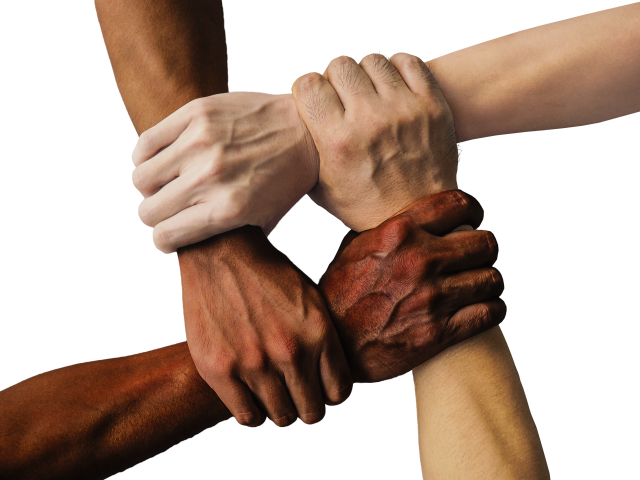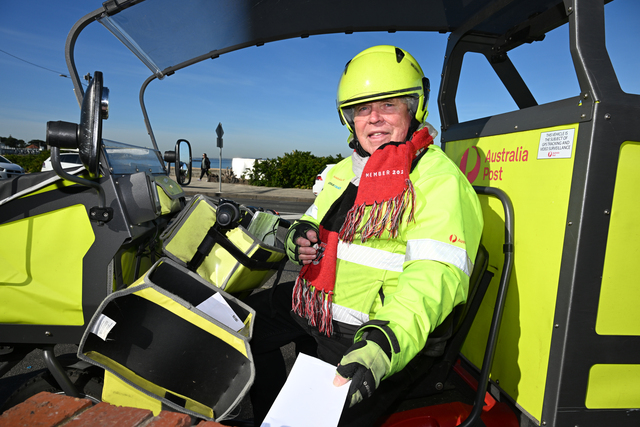Connecting directly with culturally and linguistically diverse [CALD] communities has been at the forefront of cohealth’s bicultural community engagement co-ordinators.
The Australian Institute of Health and Welfare released a paper earlier this month on reporting on the health of CALD communities across the country, which highlighted the “complex and challenging” nature of reporting on the health needs of CALD populations and looked into the potential value of using linked data to do so.
cohealth community engagement co-ordinator of the Maribyrnong bi-cultural work program Tam Le said she has been working with Vietnamese and Chinese populations within Maribyrnong for the past eight months.
“cohealth gave me an important role so that I can help my community,” she said.
Migrating from Vietnam to Australia 28 years ago, Ms Le said she has used her ability to speak Vietnamese, Mandarin and Cantonese to speak with CALD communities to determine how best cohealth can support their health needs with face-to-face communication.
“It’s easier to deliver any information,” she said.
A number of bi-cultural workers are available to CALD communities across cohealth’s catchment areas, including those who speak Somali and Greek.
Ms Le said they had recently conducted a survey at the Quang Minh Buddhist Temple in Braybrook, during which they collected 125 responses.
As highlighted in the 2021 Census, 43 per cent of Maribyrnong respondents indicated they were born outside of Australia, while 42.2 per cent of Maribyrnong households use a non-English language.
CALD populations can cover a number of definitions, including a person’s country of birth, their ancestry, where their parents were born, what language or languages they speak and their religious affiliation.
The AIHW paper highlighted that linked data provided the opportunity to explore the health outcomes and service use using a combination of CALD variables.
However, the AIHW paper also showed that a number of factors influenced the health of CALD populations, making it difficult to consistently capture a snapshot of the needs of CALD communities.
Details: www.cohealth.org.au/get-involved/bi-cultural-work-program







